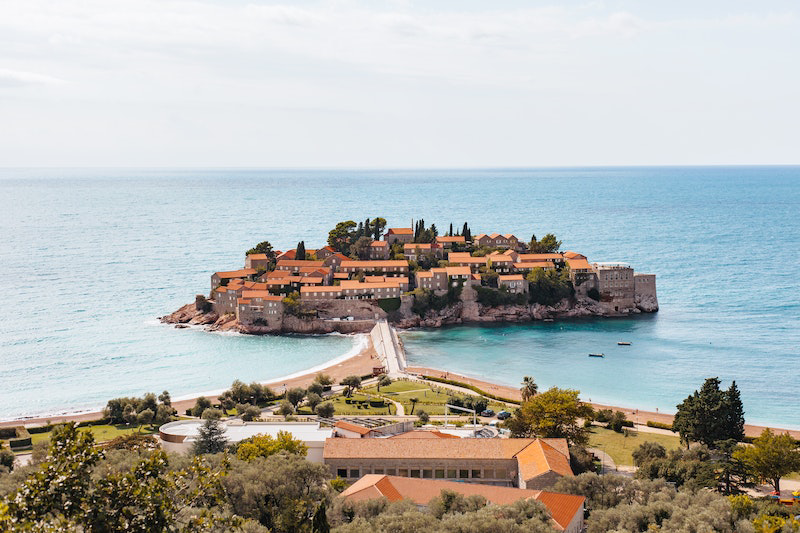Montenegro’s parliament on Tuesday approved a set of agreements with the United Arab Emirates (UAE) concerning cooperation in the areas of economy, tourism, and real estate, paving the way for potential development of the 12-kilometre-long Velika Plaza beach in Ulcinj.
The agreements, previously signed by Prime Minister Milojko Spajić during a visit to Dubai earlier this month, form part of broader efforts by the Montenegrin government to attract foreign investment and stimulate economic growth, particularly in the country’s less-developed southern regions.
Prime Minister highlights Potential for Economic Growth
“Montenegro needs investments from credible companies that have a history of successful large-scale projects,” Spajić said after the signing, emphasizing that cooperation in tourism would “accelerate economic growth, create jobs, and improve living standards,” with benefits intended for both the south and north of the country.
Spajić previously stated that Dubai-based Eagle Hills real estate company was prepared to invest up to €35 billion in Velika Plaza. The company later clarified that this figure represented the potential total value of a wide-ranging agreement covering sectors including textiles, telecommunications, aviation, infrastructure, and real estate, among others.
“This is an opus that has a potential of €35 billion. This is a conservative figure; it could be higher depending on our actions.”
Local opposition over environmental concerns
The proposed development has drawn significant opposition, particularly from representatives of the ethnic Albanian community, which constitutes approximately 75% of Ulcinj’s population.
“We are not against investments, but Ulcinj is not for sale,” said Mehmed Zenka of the Democratic Union of Albanians. Zenka argued that alternative locations could be offered for development, rather than Velika Plaza’s 20 million square meters of beach and hinterland.
Civil society groups have also raised concerns. Anti-corruption activist Vanja Calović addressed a protest rally in front of parliament, criticizing the process and urging government representatives to prioritize national interests.
“Citizens will fight to keep Montenegro’s natural assets in their hands,” she said, warning that the issue had united citizens across political and ethnic lines.
Opposition labels deal as state asset mismanagement
During the parliamentary debate, opposition Democratic Party of Socialists (DPS) MP Ivan Vuković described the planned leasing of the land as “an attempt at armed robbery of state property,” alleging the land involved could be worth up to €20 billion.
Government officials, however, defended the deal as a strategic opportunity. The Ministry of Economic Development stated that the partnership with the UAE had the potential to “transform the Ulcinj region while respecting its ecological and cultural values.”
Calls for transparency and public involvement
Environmental organizations, including the Green Action Network, called for greater transparency and public involvement in decisions regarding Velika Plaza, emphasizing its status as a national asset.
Meanwhile, the Montenegrin Network for Affirmation of the NGO Sector (MANS) warned that the agreement process bypassed public procurement and tender requirements, potentially increasing the risk of corruption.
Developer promises sensitive approach
Speaking to Montenegro’s TV Vijesti, Eagle Hills founder Mohamed Alabbar stated that any development would be carried out sensitively, featuring low-rise buildings, maintaining public beach access, and involving the local community.
Velika Plaza, largely undeveloped to date, is considered one of Montenegro’s key assets for sustainable tourism. Eagle Hills is known for major projects such as Dubai’s Burj Khalifa and Belgrade Waterfront in Serbia.



